Professional communication has changed dramatically over the past few years. Hybrid work, distributed teams, and global collaboration have made digital communication the backbone of modern business. Yet with these changes come new risks: data leaks, phishing attacks, and miscommunication can harm productivity and erode trust. Businesses that want to thrive in 2025 must combine clarity with security when they communicate.
Communicate with a clear purpose
Whether you are sending a company-wide announcement or a quick project update, every message should have a defined objective. Being clear about what you need helps recipients respond quickly and reduces back-and-forth exchanges. State who owns the next step and by when to avoid drift. Avoid jargon and keep language accessible so everyone, regardless of role or location, can follow the message.
Prioritize security and privacy
Confidential business discussions deserve protection. Using secure communication tools is no longer optional, it is part of responsible business practice. A privacy-focused email service encrypts messages so that only the intended recipient can read them. This protects sensitive information, from financial reports to client data, and reassures partners that their communications are safe.
Choose the right channel
Good communication is not just about what you say but where you say it. Use collaborative platforms for brainstorming, chat tools for quick updates, and secure mail for sharing contracts, proposals, or other documents that need a trusted digital record. This prevents information from getting lost and keeps sensitive data in the right place.
Keep messages professional and concise
Respect your recipients’ time by making your messages easy to read. Use clear subject lines, short paragraphs, and bullet points when necessary. This helps the reader process information quickly and respond with precision. Professional tone builds credibility, especially when communicating with clients or partners outside your organization.
Train teams on communication best practices
Even the best tools cannot replace good habits. Encourage employees to double-check recipients before sending sensitive documents, avoid forwarding confidential threads unnecessarily, and verify requests for payments or data changes. Simple guidelines can prevent common mistakes that lead to bigger problems.
Communication as a competitive edge
In 2025, effective communication means more than just getting the message across. It is about protecting your business, saving time, and strengthening trust with clients and colleagues. By combining clarity, the right channels, and privacy-first tools, companies can communicate with confidence and focus on growth rather than damage control.





